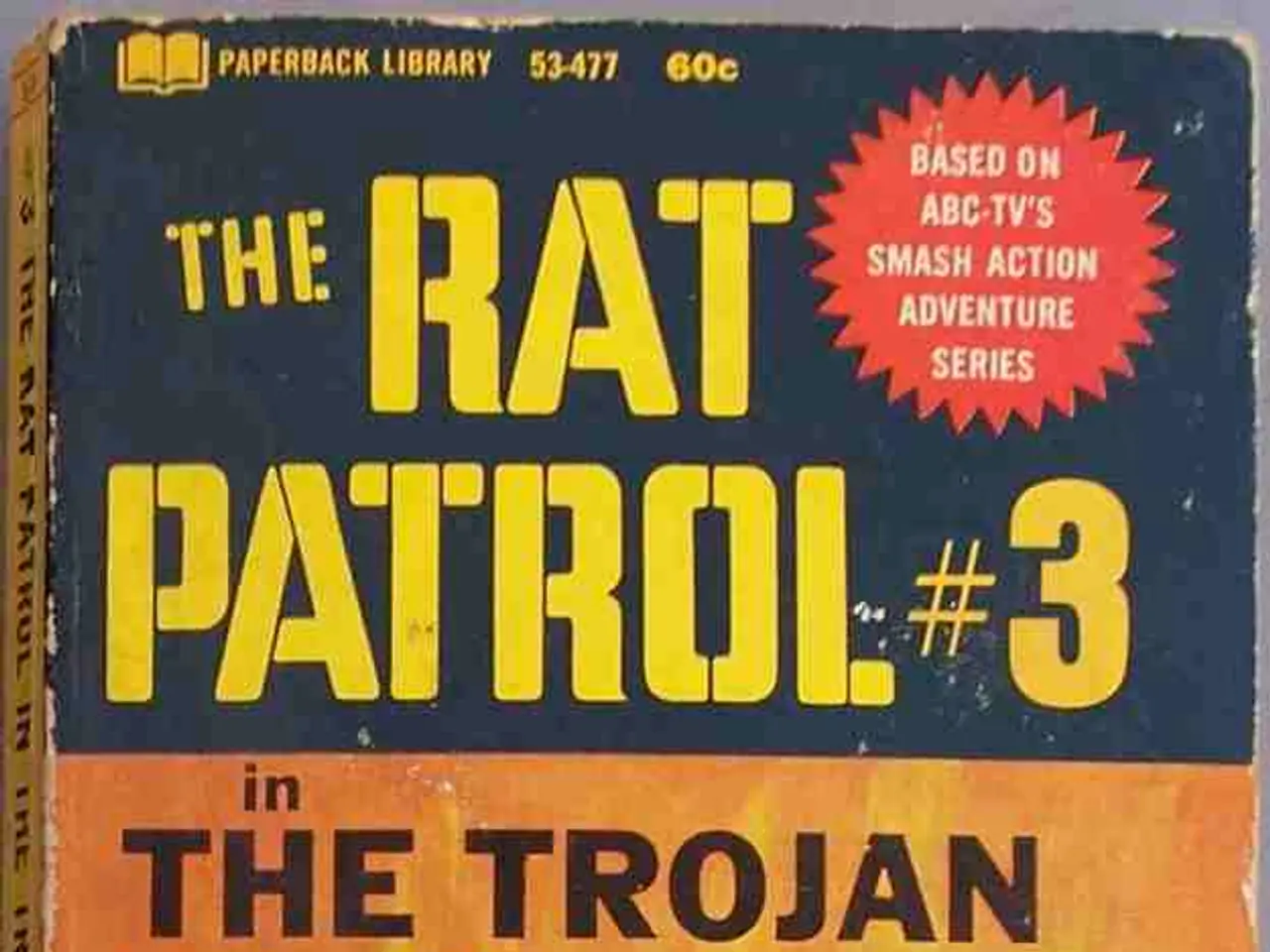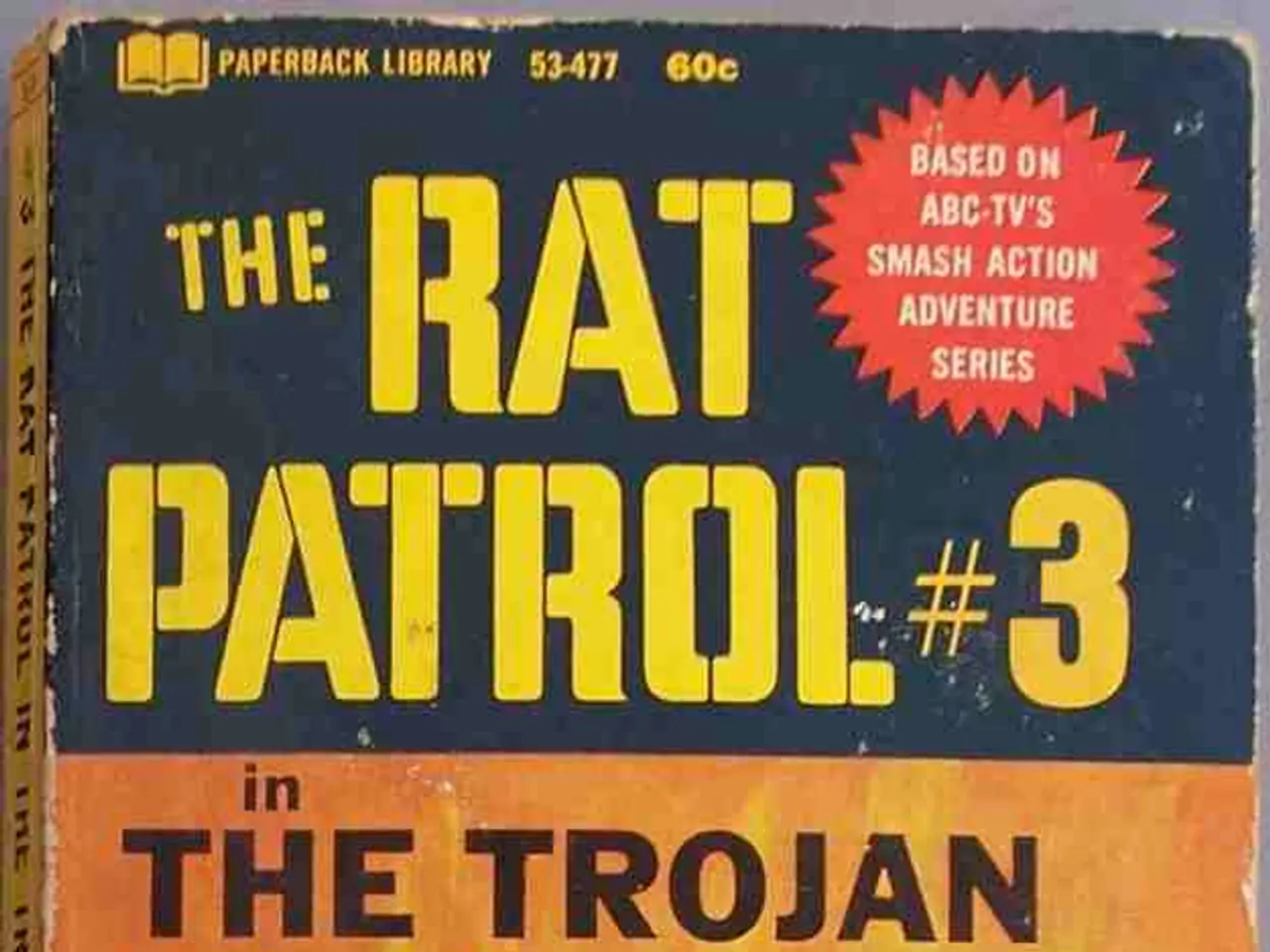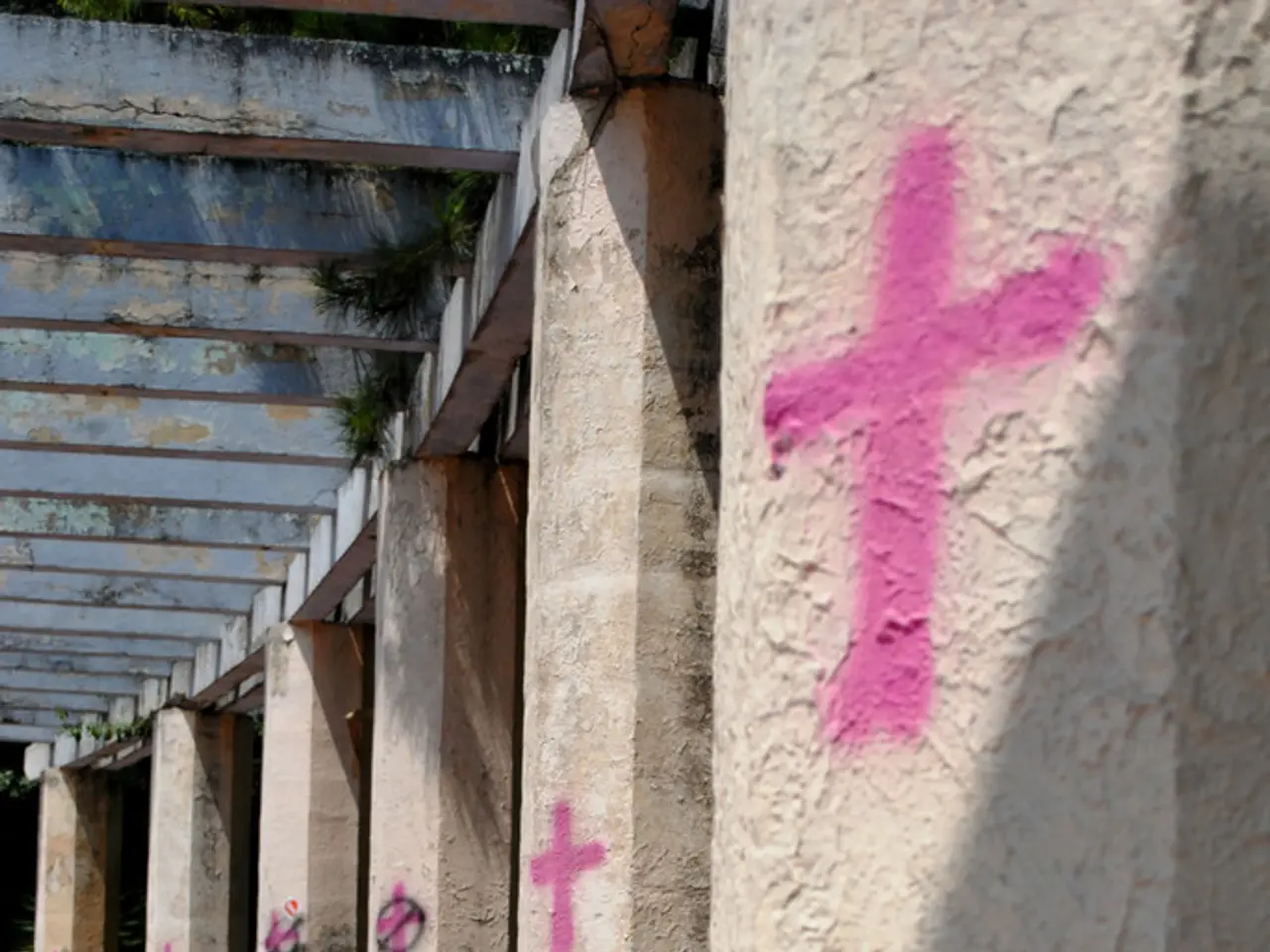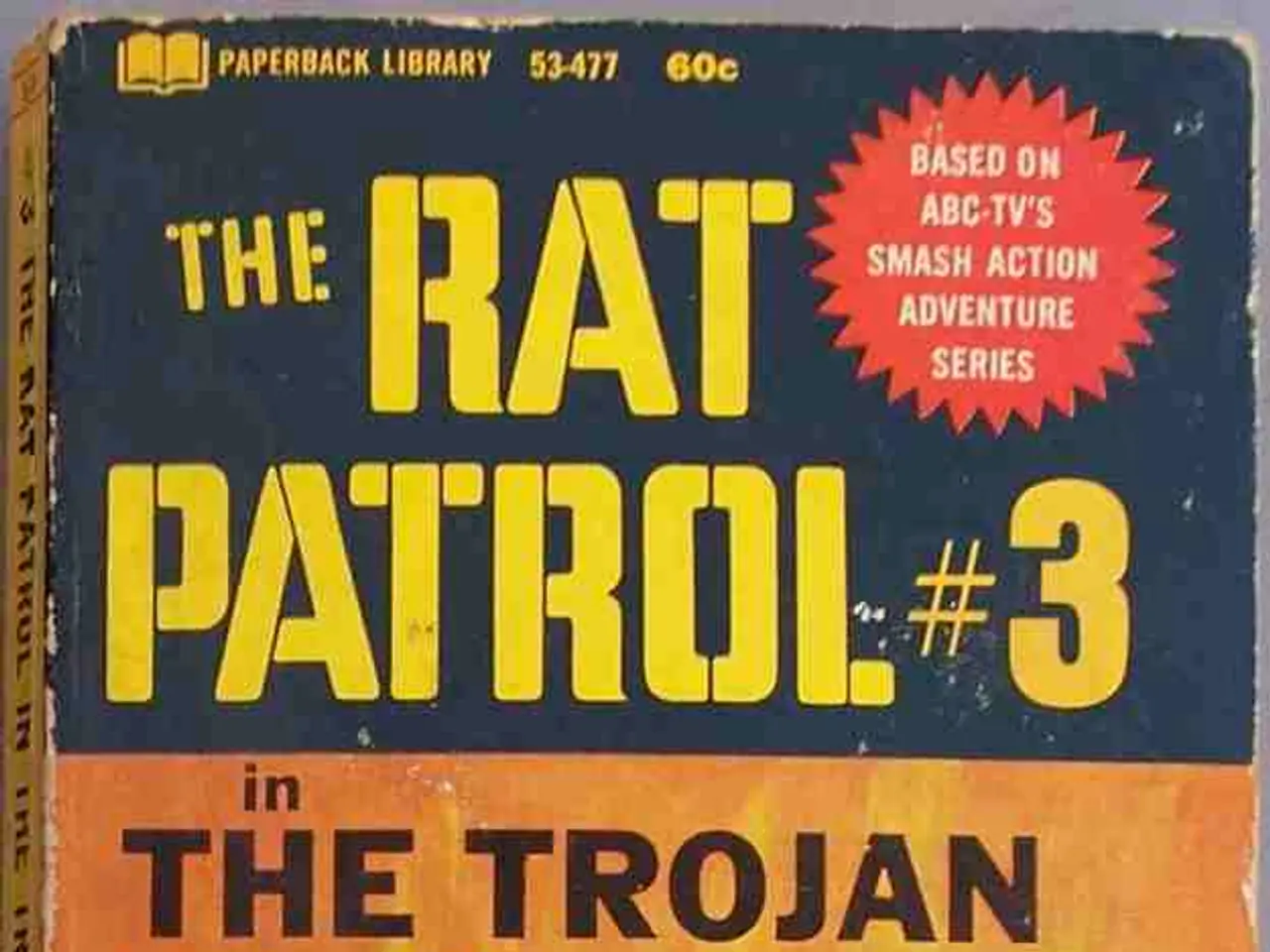Thai authorities issue a warning to Cambodians, implying potential punishments including capital punishment, due to suspected espionage activities
In the escalating Thai-Cambodian border conflict, which erupted on July 24, 2025, after exchanges of fire near the Prasat Ta Muen Thom temple area, there is currently no confirmed public information about drone spying activities or death penalty enforcement related to the dispute.
The Civil Aviation Authority of Thailand (CAAT) has enforced a nationwide ban on drone flights from 30 July to 15 August to detect and deter potential spy drone activities along the border. Jirayu Houngsub, the government spokesman, has warned against unauthorized drone flights by Cambodian troops, stating they would be immediately taken down and destroyed.
However, none of the latest available information from July and early August 2025 explicitly mentions the use of drones for spying or reconnaissance by either side. The focus has been on ground skirmishes, shelling, and airstrikes involving fighter jets and rocket artillery.
Regarding the death penalty, the recent reports do not provide information on executions or death sentences applied to captured soldiers or civilians in connection with the border dispute. The present phase involves active military clashes and diplomatic tensions, but no publicly reported death penalty measures linked to the conflict.
Espionage is a grave crime in Thailand, with the maximum punishment being the death penalty. In practice, foreign spies are typically jailed, then deported and blacklisted upon release. The Royal Thai Army and other security agencies have intensified anti-drone surveillance and countermeasures, and Thai troops have coordinated with Cambodian counterparts to detonate unexploded ordnance to prevent misunderstandings.
The Thai government has issued a warning to Cambodian nationals against spying activities on Thai soil, stating they could face the death penalty. Thailand denies Cambodian allegations of drone violations.
The ongoing conflict, which centers on disputed border areas near ancient temple sites and follows months of escalating incidents, including a Cambodian soldier's death, landmine injuries to Thai soldiers, and ongoing nationalist rivalries, remains highly volatile. International actors, including ASEAN and the United States, are pressuring to prevent a broader war, but deep mutual distrust and nationalist sentiment hinder resolution.
Lasting peace is likely to require firm dialogue, third-party arbitration, and better monitoring of the border. However, the situation remains unstable, and the threat of further escalation persists.
- The use of drones for spying or reconnaissance in the Thai-Cambodian border conflict has not been explicitly confirmed in the latest available information.
- The Civil Aviation Authority of Thailand (CAAT) has enforced a ban on drone flights to detect and deter potential spy drone activities along the border.
- Regarding the death penalty, no publicly reported executions or death sentences have been linked to the Thai-Cambodian border dispute.
- The Thai government has warned against spying activities on Thai soil, stating that it could result in the death penalty for Cambodian nationals.






